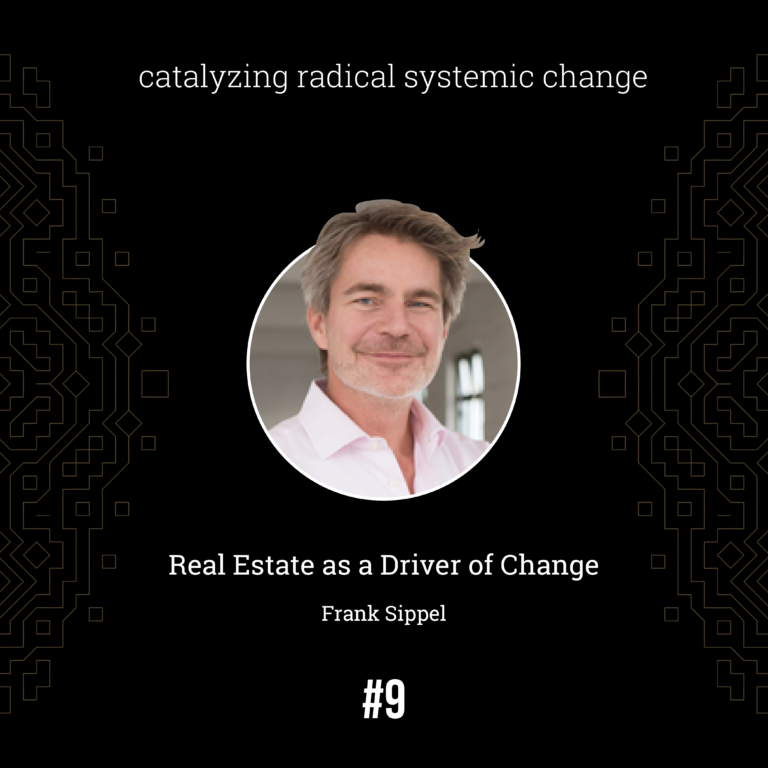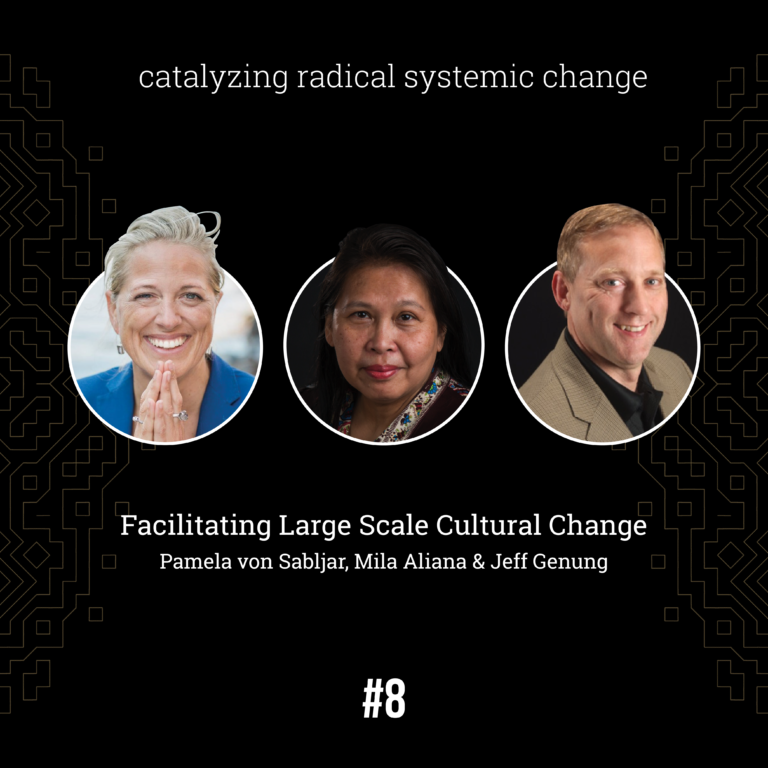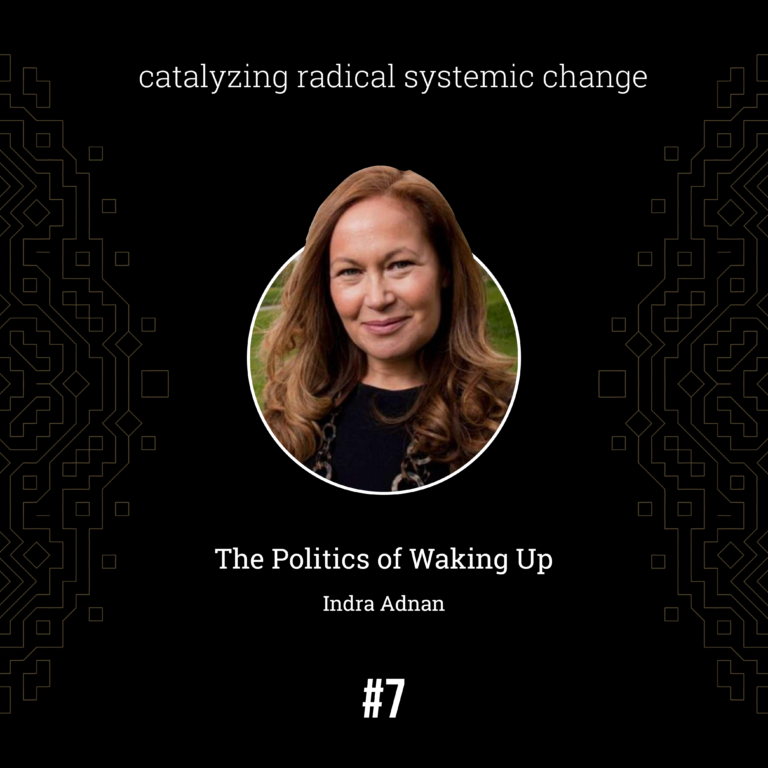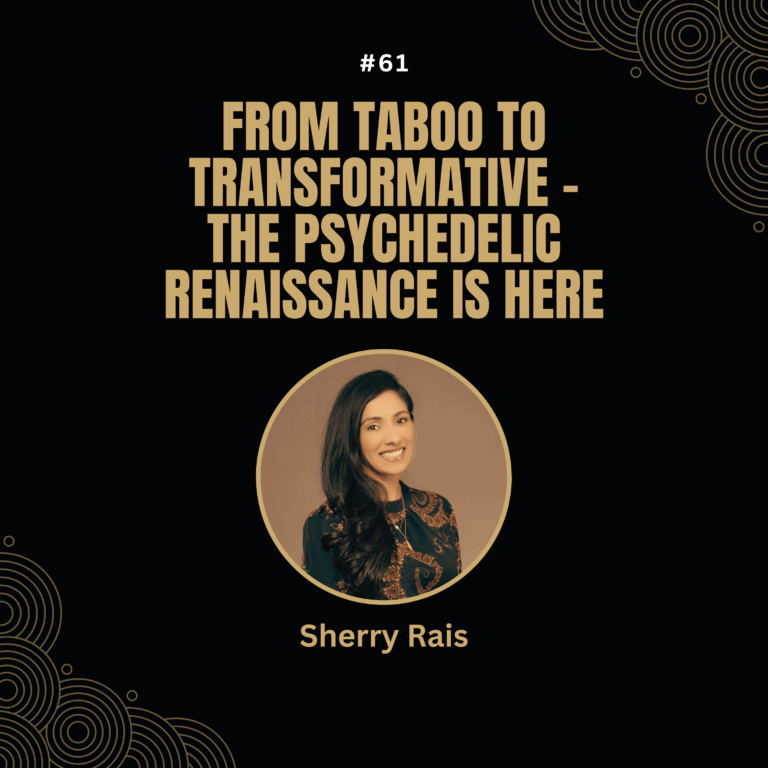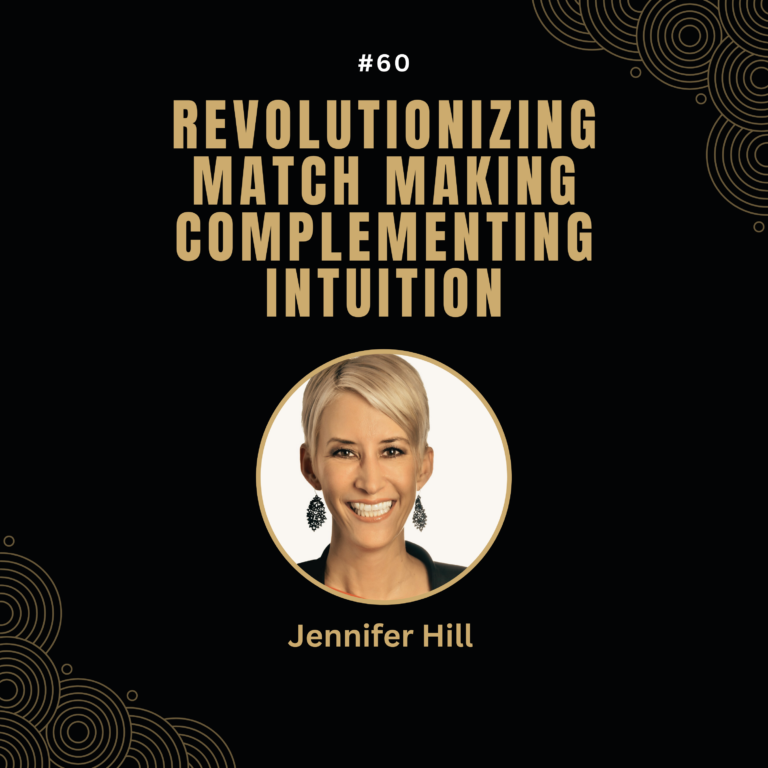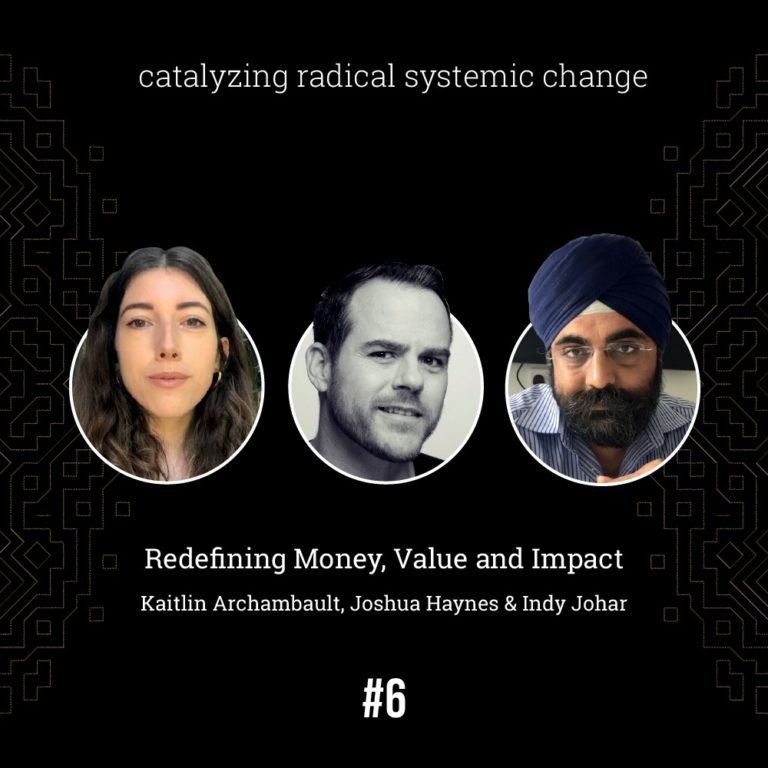- When we take a look at sustainability through the lens of the Bell curve, where can we sense the biggest leverage for the decades ahead? Is it more in the realm of adoption and mainstreaming of less bad (like saving energy, and carbon) behavior in business? Or is it rather in radically rethinking business models at the core?
- Some of the examples of Tariq’s work
- that are outstanding in their ripple effects across sectors
- that have the potential to build templates for other projects, as to massively scale
- and finally, some examples that failed, and also why?
- We dive deep into the concepts of de-growth, post-growth, decolonizing growth, reciprocal stewardship, and beyond species.
- What does “Public-Planet-Partnerships” mean?
- Where are business models in place that are already exemplary for the regenerative paradigm? And if so, in which sectors? And that can scale.
- Let’s talk about system demonstrators. Let’s imagine for a moment we could choose some bioregions in the world where together with legislators, business leaders, and new technology we could showcase that the regenerative paradigm truly works in action. What would be a scale in action that would be sufficiently big enough to showcase? Yet small enough of a sandbox to allow for failure – which obviously is very much needed when we are sailing into uncharted territory.
- Finally, what do we think are the necessary steps toward a planetary civilization ahead? Taking into account the leverage points that unlock through the role at 3BL but also through the other organizations and adjacent networks where we can make a difference.
Tariq Al-Olaimy
is Co-founder of a global ecosystem of social and planetary systems enterprises, including 3BL Associates, Diversity on Board, Recipes for Wellbeing, and Public-Planet Partnerships. He is among the first 100 certified biomimicry specialists in the world, with a diverse educational background in degrowth, post-growth economics, exponential innovation, investment & financial risk management, and spiritual ecology. Tariq has held advisory boards, and co-chair roles with organizations such as the World Economic Forum, UNESCO, EAT Foundation, and Greenpeace MENA (Ummah for Earth). He is an Ubuntu peer peace coach and community leader with a decade of experience within international climate movements. He is an experienced speaker, having conducted training and workshops across six continents to over 120+ nationalities. He is featured in publications such as The New York Times, The Guardian, Al Jazeera, and Stanford Social Innovation Review. He was a host of the Dubai Expo 2020 ‘People and Planet’ Podcast. Also, he is a fellow of the Royal Society of Arts (FRSA) and has received multiple global awards and recognitions for leading projects that contribute toward the UN Sustainable Development Goals.




